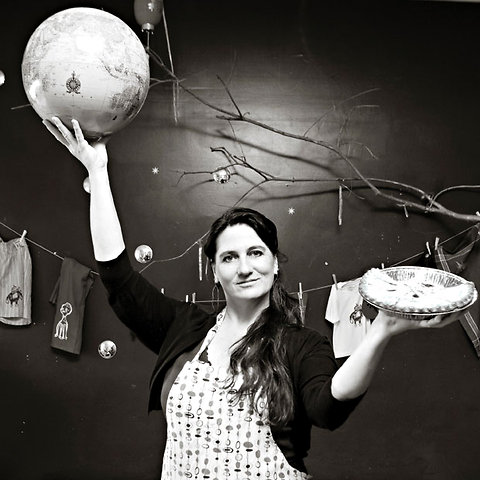Ms. Jung ran Avon Products for 13 years and, by the time she left as chairwoman in December, this venerable beauty products company didn’t just need a makeover — it needed a full-body lift. One problem after another, from earnings disappointments to a snubbed takeover offer, earned her a reputation as one of the nation’s worst chief executives.
Now her successor, Sherilyn S. McCoy, is hurrying to clean up the mess and win back investors’ trust. It won’t be easy. Since being named C.E.O. in April, Ms. McCoy, who is 54, has embarked on an ambitious turnaround plan that includes wringing out $400 million in costs, sharply increasing sales and almost doubling operating margins within three years. And Wall Street is growing impatient. Ms. McCoy, who joined Avon after a 30-year career at Johnson Johnson, has yet to explain in detail how she intends to achieve those goals. Analysts hope she will do so next month at an industry conference.
“Avon seems to be the perennial turnaround story,” says Jason Gere, a managing director at RBC Capital Markets.
It has been a remarkable comedown for Avon, which traces its history to 1886, when David H. McConnell, a door-to-door book salesman, discovered that women were more interested in his fragrance samples than his books. And, Mr. McConnell concluded, who better than women to sell to women? And so the Avon Lady was born, and success followed success. Avon eventually went public, and its stock soared. It later pushed into fast-growing markets like China and Russia ahead of many of its peers. Today, the company, which is based in New York, operates in more than 100 countries and has more than six million sales representatives.
But financially, the Avon empire is a shadow of its former self. As growth faltered and other problems arose, Avon’s share price plummeted; it is now at $17.15, down from a high of more than $46 in mid-2004. After years of disappointing earnings, Ms. McCoy has cut its quarterly dividend by 70 percent and announced plans to lay off 1,500 employees and exit two weak markets, South Korea and Vietnam. These cuts account for only 20 percent of her proposed cost savings, and analysts want to know where the rest will come from.
Ms. McCoy, along with other executives and Ms. Jung, who remains a senior adviser at Avon, declined to comment ahead of an earnings report scheduled for Feb. 12.
THE question, of course, is what Avon will do next. During the last three months of 2012, sales were virtually flat.
“The challenges that Avon faces developed over time, not overnight, and it will take time to implement the solutions as well,” Ms. McCoy said when she unveiled her goals in November.
But this is the third turnaround plan that Avon has announced since 2005, and stockholders are skeptical.
“I need to see a little more fleshing out of the strategic plan that gets her to these targets because she has given very aggressive targets,” says Linda Bolton Weiser, senior analyst at B. Riley Caris.
Mark Astrachan, an analyst at Stifel Nicolaus, says: “I have a ‘show me’ attitude.”
Ms. McCoy has made some strides, notably renegotiating the terms of the company’s debt in late December to give Avon some breathing room.
“It’s an encouraging sign — the lenders were willing to work with Avon,” says Lisa Quateman, managing partner in the Los Angeles office of Polsinelli Shughart, a law firm, who works with companies that do business internationally.
If the business continues to deteriorate, however, Avon’s debt could become an issue again. Avon has about $3.3 billion in debt, although it had $1.1 billion in cash as of September, providing some cushion.
“It’s hanging over Avon’s head,” Ms. Quateman says of the debt burden.
How did so much go so wrong? The story really starts around 2005, when Ms. Jung was in her sixth year as C.E.O. Rising competition, an outdated electronic supply system in Brazil, missteps in Russia and China, bloated management, misdirected marketing — all combined to choke off profits. By 2009, Liz Smith, the company’s highly regarded president, had left. A flurry of regional managers exited as well. Even after Ms. Jung cut $1 billion in costs in the latest of two restructurings, profitability kept dwindling. As the share price sank, the company began to look like takeover bait. Rumors circulated that L’Oréal might swoop in.
Critics say Ms. Jung simply made bad decisions. For instance, they say, Avon spent $3 million on a Super Bowl ad in 2009 to recruit sales representatives but didn’t invest enough to train the new employees. It spent $650 million in 2010 to acquire Silpada, a direct seller of silver jewelry, only to write down the investment the next year largely because of a rise in silver prices.
Article source: http://www.nytimes.com/2013/02/03/business/avon-tries-a-new-turnaround-plan-and-wall-st-is-anxious.html?partner=rss&emc=rss
